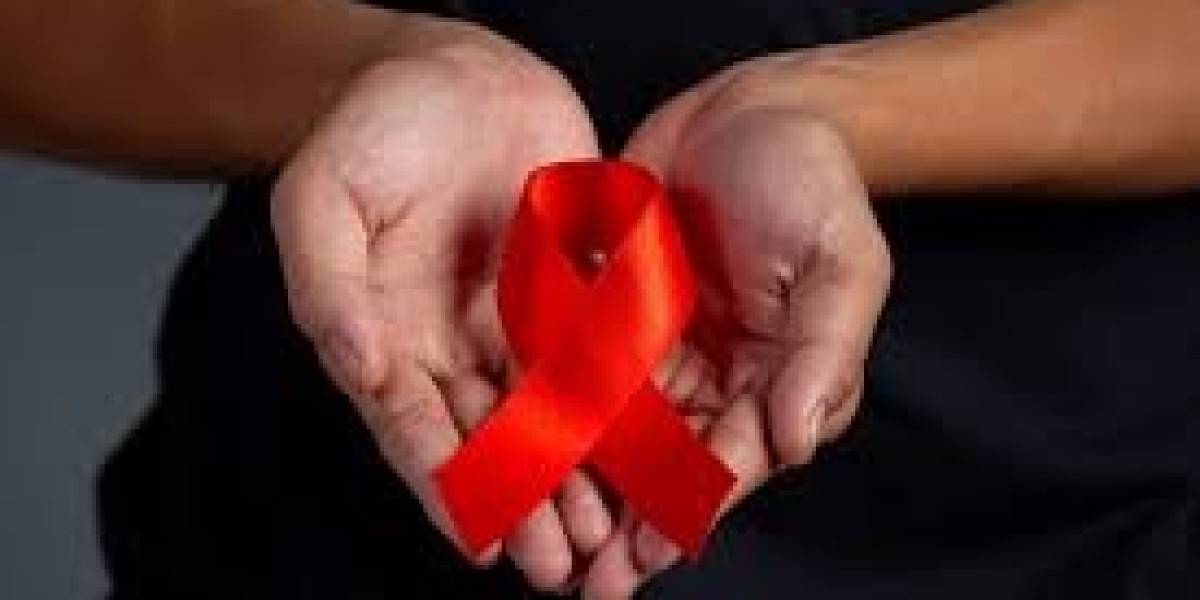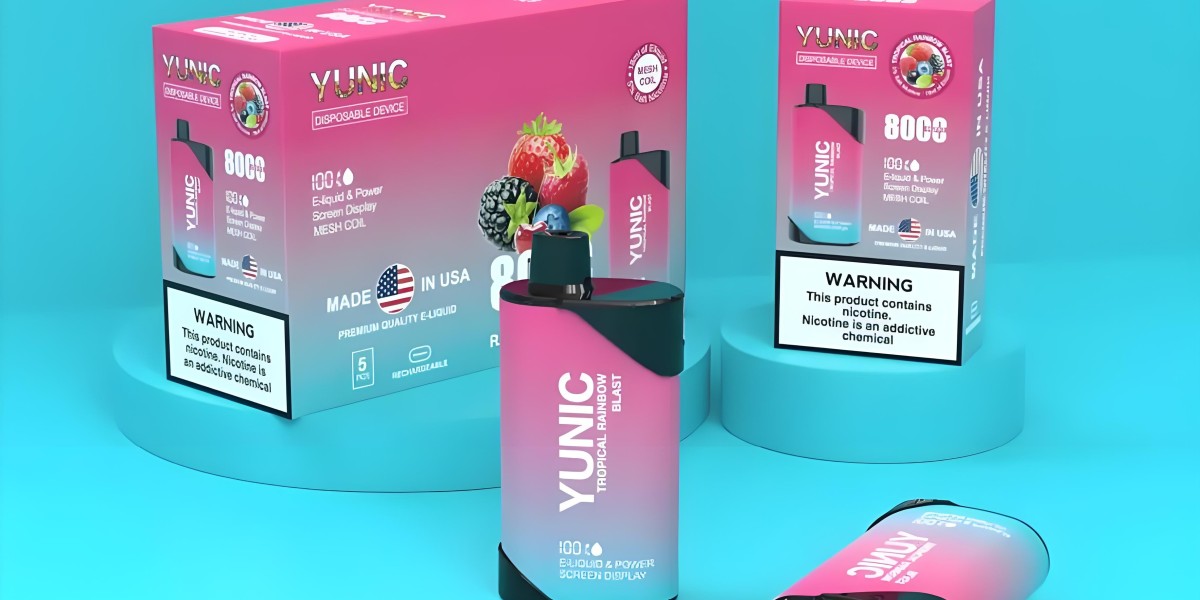HIV (Human Immunodeficiency Virus) was once seen as a condition with no long-term hope. However, advances in medical science have transformed the outlook for people living with HIV. Today, with early diagnosis and consistent treatment, a person with HIV can live just as long as someone without the virus. The key lies in starting treatment early and never missing a daily dose of prescribed medication.
Understanding HIV
HIV attacks the immune system, specifically targeting the CD4 cells (T cells), which help the body fight off infections. Without treatment, the virus continues to multiply, weakening the immune system and increasing the risk of developing AIDS (Acquired Immunodeficiency Syndrome). However, with early medical intervention, HIV can be controlled to the point where the virus becomes undetectable in the blood.
The Power of Early Detection
The sooner HIV is diagnosed, the better the outcome. Early detection allows healthcare providers to start antiretroviral therapy (ART) immediately. ART is a combination of medicines that reduces the amount of virus in the body, helps the immune system recover, and prevents HIV-related complications.
Starting ART early has several advantages:
Slows disease progression before the virus damages the immune system.
Reduces the risk of other illnesses such as tuberculosis, pneumonia, and certain cancers.
Prevents HIV transmission to partners and unborn children during pregnancy.
How Early Treatment Works
When ART is started early and taken consistently, the viral load (the amount of HIV in the blood) drops to undetectable levels. This does not mean the virus is gone, but it becomes inactive and cannot be transmitted sexually — a concept known as “Undetectable = Untransmittable” (U=U). At this stage, the immune system remains strong, and people can live full, healthy lives.
The Importance of Daily Medication
Taking HIV medication every day without fail is the foundation of successful treatment. Skipping doses or stopping treatment can allow the virus to multiply again, damage the immune system, and develop drug resistance. That is why adherence to medication is critical.
Life Expectancy with Early Treatment
Studies have shown that people with HIV who start treatment early and remain consistent with their medication can have the same life expectancy as those without HIV. This shift is a remarkable achievement compared to the early years of the epidemic, where survival was much shorter.
Overcoming Challenges to Early Treatment
Despite medical advancements, challenges remain:
Stigma and discrimination often prevent people from getting tested early.
Lack of awareness about HIV symptoms and treatment options delays diagnosis.
Access to healthcare can be difficult in remote or low-income areas.
Governments, healthcare providers, and communities must work together to ensure that testing and treatment are accessible, affordable, and stigma-free.
Living Positively with HIV
With early treatment, people living with HIV can focus on career, family, hobbies, and all aspects of a fulfilling life. Regular health check-ups, a balanced diet, exercise, and mental well-being all contribute to living a long, healthy life.
Conclusion
HIV is no longer a death sentence. The message is clear: Get tested early, start treatment immediately, and take your medication every day. Early HIV treatment not only prolongs life but also ensures that life can be lived to the fullest, free from the limitations of the past.








